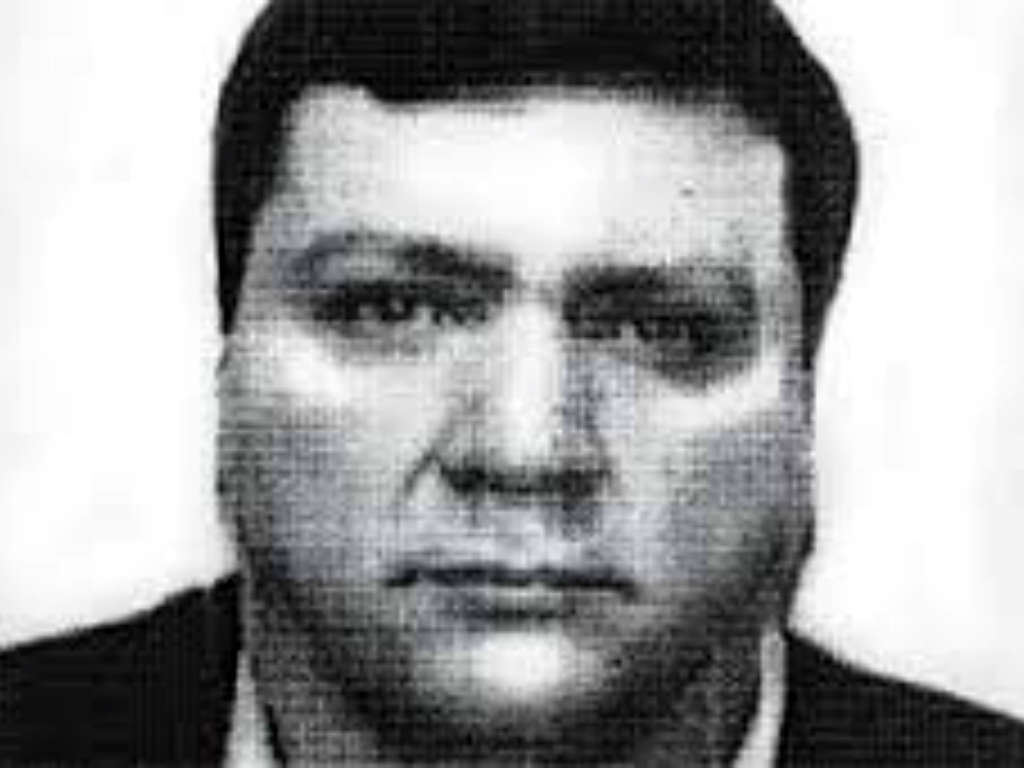Gustavo Herrera — the would be businessman and political broker in the process to determine Guatemala’s next attorney general — might have many blotches on his record, but he has managed to stay out of jail and has retained his political connections and influence.
In 2002, the Attorney General’s Office, known as the Ministerio Publico (MP) in Guatemala, said Herrera engineered a $50 million fraudulent land purchase and construction deal involving the Guatemalan Social Security Institute (IGSS). IGSS is one of the largest public entities in the region, and as part of the deal it spent $30 million on land valued at $1 million.
A notary got $2 million for falsifying the papers; a construction company got $4 million for drawing up plans for housing it would never build. Money moved into offshore accounts. The IGSS former chief was jailed, along with three members of the IGSS board of directors. Herrera went on the run and through his lawyer denied any involvement in the plan. A judge later dismissed the charges, despite vociferous protests by the MP.
Herrera was later linked to drug trafficking. In March 2004, a helicopter crash-landed in Huehuetenango with 173 kilos of cocaine on board. A subsequent investigation by Siglo 21 newspaper revealed the helicopter belonged to Herrera, and the cocaine was tracked to Otto Herrera (no relation), then one of US Drug Enforcement Administration’s (DEA) high priority targets in the region.
Otto Herrera, Guatemalan and US officials said, helped move cocaine for the Sinaloa Cartel through the Central American Isthmus. He laundered profits with the help of people like Gustavo Herrera, the newspaper report said, quoting MP and government officials.
Among Gustavo and Otto Herrera’s accusers was the then-presidential security commissioner and current president, Otto Perez Molina.
“Otto and Gustavo (Herrera) have a relationship with drug trafficking,” Perez Molina was quoted in Siglo 21 newspaper as saying at the time. “They are dedicated to transport, storage, distribution, and they collaborated with cartels from Colombia, Guatemala and Mexico.”
The “Herreras” drug trafficking operation fell apart when Otto Herrera was captured in Colombia in 2007 and later extradited to the United States. Otto Herrera’s case was then sealed, and no more information is publicly available on when or if he was sentenced — a good sign he is collaborating with US authorities. Gustavo Herrera remained on the run and at the time denied all the drug trafficking charges through his lawyer. US government investigators consulted by InSight Crime said there were no drug trafficking charges against Herrera in the US.
Guatemalan investigators, however, said there were three cases still open against Herrera but did not specify what the cases concerned. And when InSight Crime asked President Perez Molina in a written questionnaire about Herrera, repeated his original accusation.
“I reiterate what I said in April 2004,” he wrote in response.
To be sure, Herrera — who InSight Crime tried without success to contact on various occasions — has remained an integral part of the Guatemalan underworld, according to investigators. Specifically, investigators connect Herrera to another prolific network headed up by Hayron Eduardo Borrayo and his wife, Mirza Silvana Hernandez de Borrayo.

Borrayo is a longtime underworld figure who has sold cocaine to various Mexican criminal organizations. For a while, in 2009 and 2010, he was the main provider for the Zetas. One of his nicknames, “Oso” (Bear), appears repeatedly on a ledger seized by Paz y Paz’s team during their offensive against the Zetas in 2011. (InSight Crime independently obtained a copy of the ledger.)
In January 2012, the US Treasury Department said Borrayo and his wife Mirza formed part of a larger money laundering and drug trafficking network run by Marllory Dadiana Chacon Rossell. Known as the “Queen of the South,” Chacon’s network had at least 26 businesses in Guatemala and two more in Panama, according to the Treasury Department.
SEE ALSO: Guatemala News and Profiles
To complicate matters, Chacon has been linked to Vice President Roxana Baldetti via press accounts. Specifically, journalists Jose Ruben Zamora and Ana Arena — in an article published by elPeriodico and the Fundacion MEPI in 2013 (pdf) — said Chacon went to Baldetti’s 50th birthday party. The accusation was not corroborated and the US government has refrained from making this connection in any of its statements about Chacon.
The Guatemalan government was so furious that it has launched a full fledged campaign to discredit Zamora, and the numerous elPeriodico reports that make Baldetti appear nefarious, corrupt and connected to organized crime.
President Perez Molina vehemently refuted the claim when InSight Crime asked him via a written questionnaire.
“Your question originates in rumors that have no basis,” he said in his written statement to InSight Crime about the alleged connections between Baldetti and Chacon. “The vice president has no relation with drug trafficking. No US agency that is in charge of controlling and fighting drug trafficking has established a connection between the vice president and drug trafficking.”
To be sure, Baldetti has become the lightening rod of this administration. A former beauty queen turned politician and businesswoman, she now heads up the country’s ruling Patriotic Party. In recent years, the rising fortunes of her legitimate businesses have raised eyebrows, although she has not been charged with any crimes.
Following her most recent declaration to the comptroller’s office, journalists peppered her with questions about her holdings, which, she admitted, now include malls, condominiums, and agro-industrial projects. This information is not public, and once again President Perez Molina defended his vice president.
“The properties of the vice president are from legal activities,” he told InSight Crime.
This article is part of a series on Guatemala’s justice system. See whole series here.


